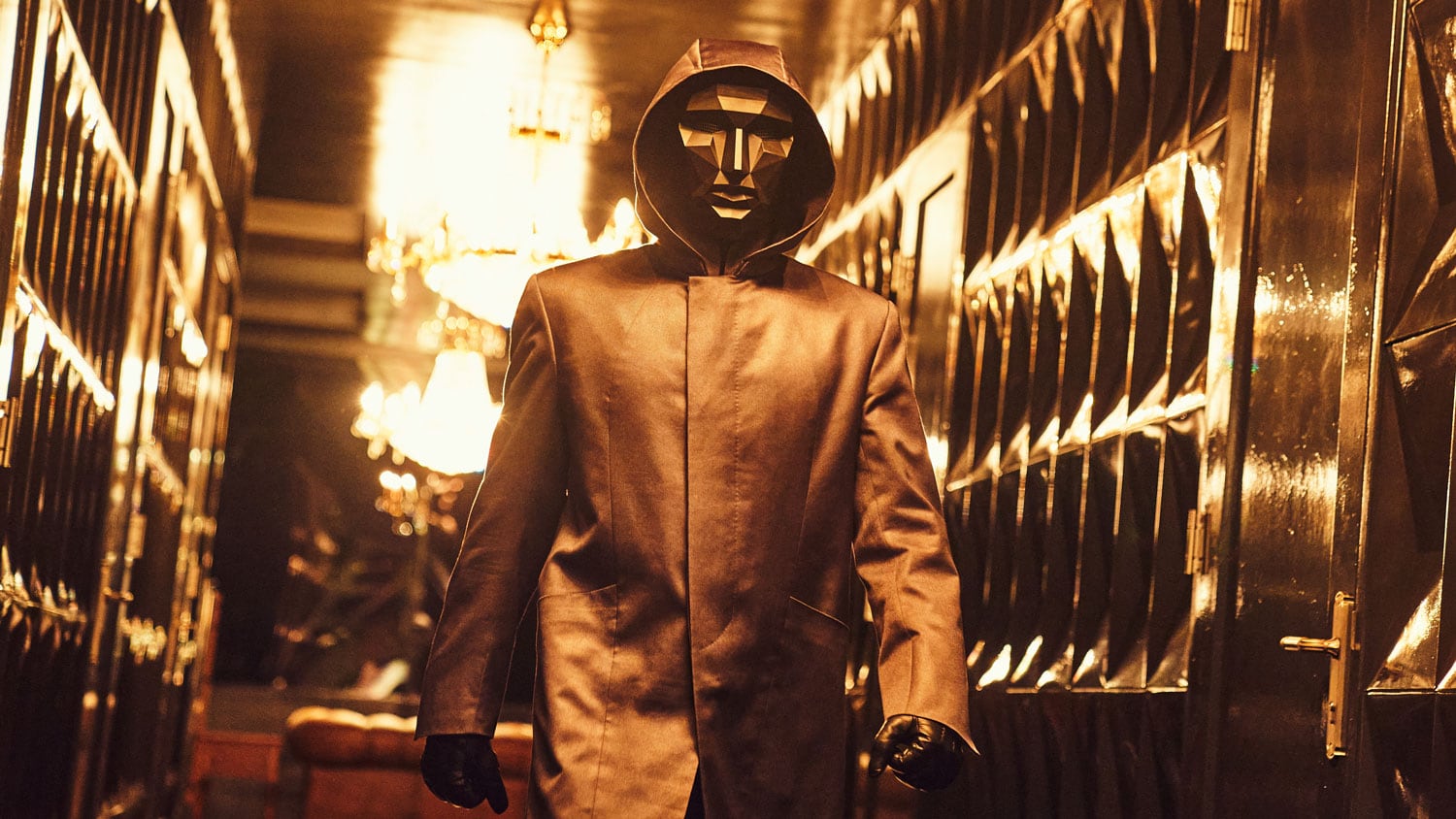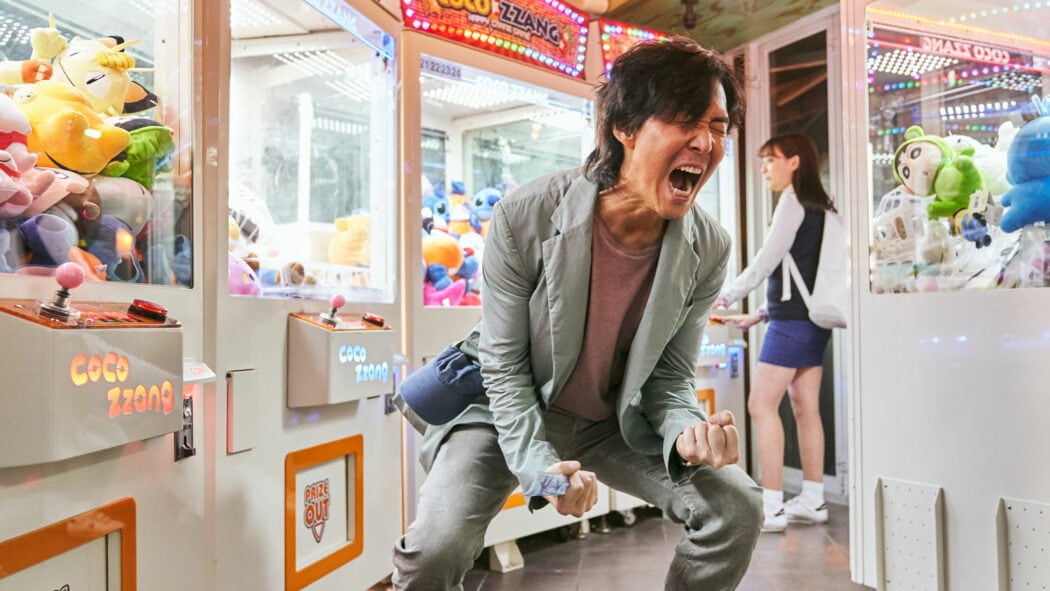There have been some allegations of plagiarism made against Netflix’s recent smash hit, Squid Game, and we’re here to explain why they are nonsense.
This is a really strange case, and it all has to do with the fact that there are some similarities between Squid Game and a Japanese movie called As The Gods Will.
This movie was released in 2014 and was made by Takashi Mike.
The allegations of plagiarism are starting to gain ground online and on social media.
However, I wanted to explain why these allegations are completely unfounded.
So, Squid Game is a Netflix series set in South Korea in which a bunch of very desperate people who are struggling financially are recruited by a very mysterious organisation to play in a series of kids games.
If they do and end up winning the games, then they could win more money than they could ever dream of.
However, if they lose, they die.
So, that premise might sound very familiar to you, and that’s because there have been many movies made about a bunch of people being put into life-and-death situations with the promise of untold riches being all theirs if they win.
Films such as Battle Royale, The Hunger Games, and The Running Man immediately come to mind.
Netflix’s Squid Game wasn’t plagiarised
Read more: Squid Game Season 2: Netflix Release Date, Cast & Story
Right, so we can establish that there are many movies out there already that bear some sort of resemblance to Squid Game.
However, people seem to be convinced that Hwang Dong-hyuk Netflix show is plagiarised from Mike’s movie As The Gods Will.
That movie also follows characters that are forced to play various games that will kill them if they lose.
These characters even end up playing a variation of the game Red Light, Green Light – which is the game first played in Squid Game.
There are also some very similar shots used in both the Netflix series and Mike’s film.
However, there are also huge differences between the two properties.
First off, the contestants in Squid Game are there voluntarily. There’s even a point in the series in which they are allowed to leave the games, and many people do – only to return later on.
Yes, both the movie and the series centre around people playing children’s games, however, in As The Gods Will, the ones behind the games are Gods.
In Squid Game it’s a mysterious organistion that’s clearly funded through money.
Similarities, yes. Plagiarism, no

Credit: Netflix
Read more: Squid Game Spinoffs Reportedly In The Works At Netflix
The people orchestrating the games in the Netflix show are malevolent billionaires who are doing it for fun.
Then there’s the fact that Hwang started working on this show all the way back in 2009.
He was pitching to whomever he could and it was rejected for years before Netflix agreed to make it.
Also, Hwang has vehemently denied the allegations of plagiarism – as he should.
What do you make of this news?
Do you still think that Netflix’s Squid Game was plagiarised?
Let us know your thoughts in the comments below.
What do you make of this story? Let us know in the comments below or on our Facebook, Twitter or Instagram pages! And if you enjoy listening to film podcasts, why not check out our podcasts, Small Screen Stories and Small Screen Film Club wherever you get your podcasts!

















http://www.cine21.com/news/view/?mag_id=98605
Director Hwang Dong-hyeok interview:
” is a work that grafts elements of Japanese survival drama into the Korean situation. Director Hwang Dong-hyeok, who conceived the work in 2008 and wrote it in 2009, got its motif from Japanese survival comics such as , and , which he enjoyed reading at the manga store at the time. “In 2009, there were many responses that the sense of reality was lacking, but there were many people who accepted this story as a reality 10 years later.” In addition, the OTT platform had the effect that the running time of the work and the level of expression were relatively free.”
Plagiarism?
LOL YES
Director Hwang Dong-hyeok interview on cine21:
” is a work that grafts elements of Japanese survival drama into the Korean situation. Director Hwang Dong-hyeok, who conceived the work in 2008 and wrote it in 2009, got its motif from Japanese survival comics such as , and , which he enjoyed reading at the manga store at the time. “In 2009, there were many responses that the sense of reality was lacking, but there were many people who accepted this story as a reality 10 years later.” In addition, the OTT platform had the effect that the running time of the work and the level of expression were relatively free.”
Plagiarism?
LOL YES
But can he prove that the draft used to make the show is unaltered from the one he had in 2009?
If you’ve read the manga: Liar game, Gods will and Kaiji and mix them all together you get squid game…